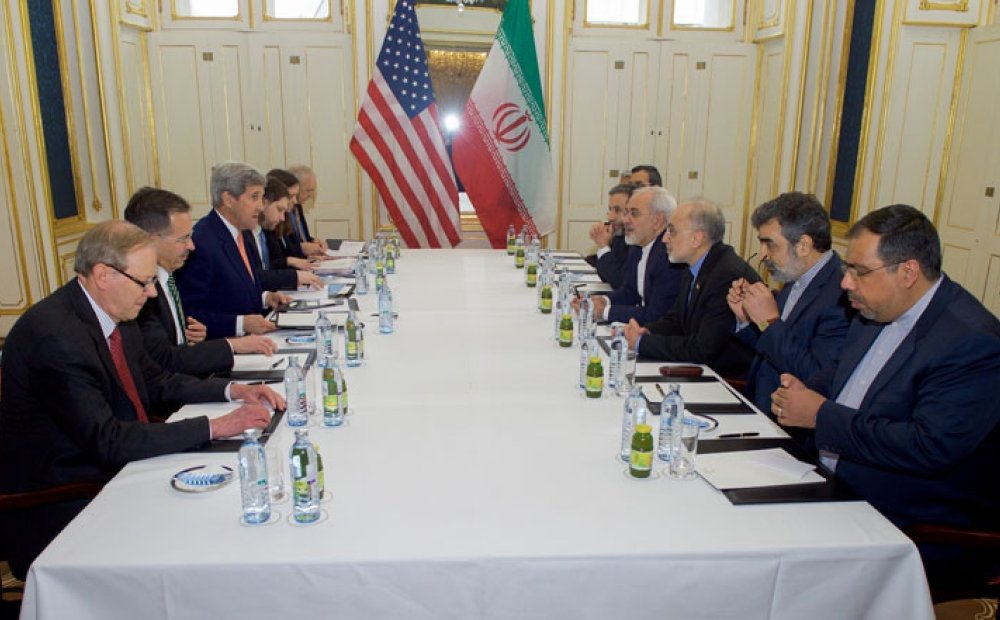Could the Iran Nuclear Deal Unravel?

Last week, the Trump administration certified that Iran is meeting the conditions of the nuclear agreement, which would permit the continued lifting of U.S. sanctions. However, the narrowness of the certification, the announcement of new sanctions, and continued U.S.-Iranian tensions in the region suggest that the president is looking beyond the nuclear agreement.
Is there a chance that the nuclear deal could unravel? How would this affect Tehran’s nuclear strategy, and the policies of Israel and the Gulf states?
In this discussion, three veteran Iran and Middle East analysts assess the nuclear agreement’s uncertain future.
Key Quotes
Jane Harman:
“There are lots of uncertainties. The certification was signed by [the Trump] administration, but there’s a huge question mark about what happens 90 days from now.”
“Sadly, [the Iran deal] did not curb Iran’s bad behavior in the region.”
Aaron David Miller:
“I think uncertainty probably is the word of the day – the narrowness of the certification, additional sanctions imposed, the tick-tock from various media outlets… [President Trump’s] comments to The Wall Street Journal, in which he said we’ll talk about the subject in 90 days.”
Ali Vaez:
“I think the dominant view in Tehran at the moment is that they should play the victim, shift the blame to Washington, and drive a wedge between the U.S. and its partners in order to erode, if not neutralize, unilateral U.S. sanctions.”
“The JCPOA (Joint Comprehensive Plan of Action) is actually working. It’s delivering results… By destabilizing the JCPOA, the Trump administration could usher in what it says it seeks to prevent, which is greater Iranian assertiveness, more regional instability, and lower odds of resolving the conflicts in Syria, Iraq, and Yemen.”
Michael Singh:
“As far as I have been able to tell, there is no one around the world – no other country – including our allies in the Middle East that is currently pushing for the JCPOA to be torn up… And so [the United States] would really be having to make the case ourselves [against the JCPOA] to, in many cases, a pretty skeptical audience.”
“There is this sort of asymmetric bargain at heart of the JCPOA. And that bargain is Iran has agreed to limit its activities in one specific area of concern for the United States – the nuclear file, a significant one to be sure. In return though, we’ve given up a broad set of tools, in terms of sanctions, that are really our most effective non-military tools to use again Iran… It may be that as we put a higher priority on countering Iran and as we engage in more pushback, that the JCPOA simply can’t survive that tension.”
Robert Litwak:
“If the United States withdrew from the JCPOA, the nuclear accord… would continue… And the political optic would shift. In reaching the JCPOA, was… the United States and the world versus Iran. If the United States unilaterally withdrew, the optic would shift to Iran and the world versus the United States. The United States would be the outlier at that point.”
“The option package that the Trump administration has for Iran… are the same bad options, which are bomb, negotiate, or acquiesce.”
Speakers



Moderator
